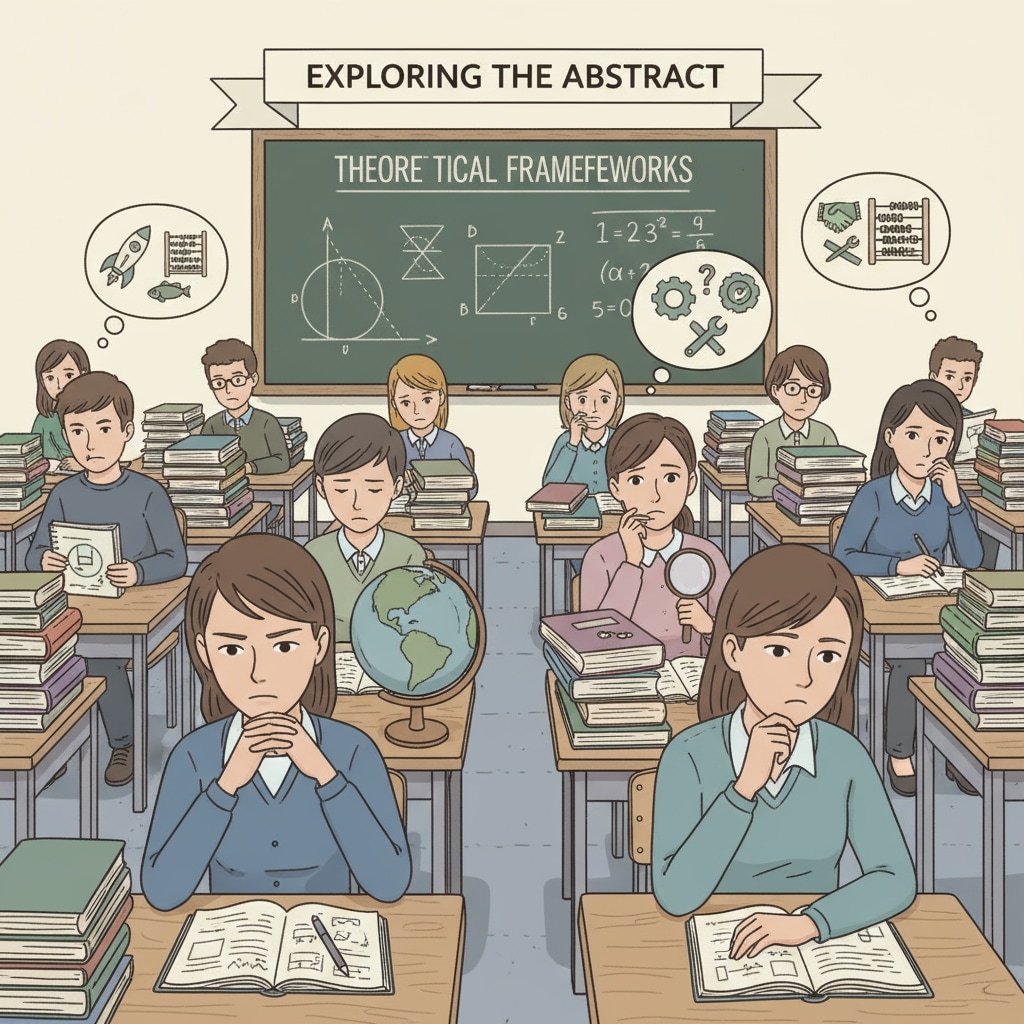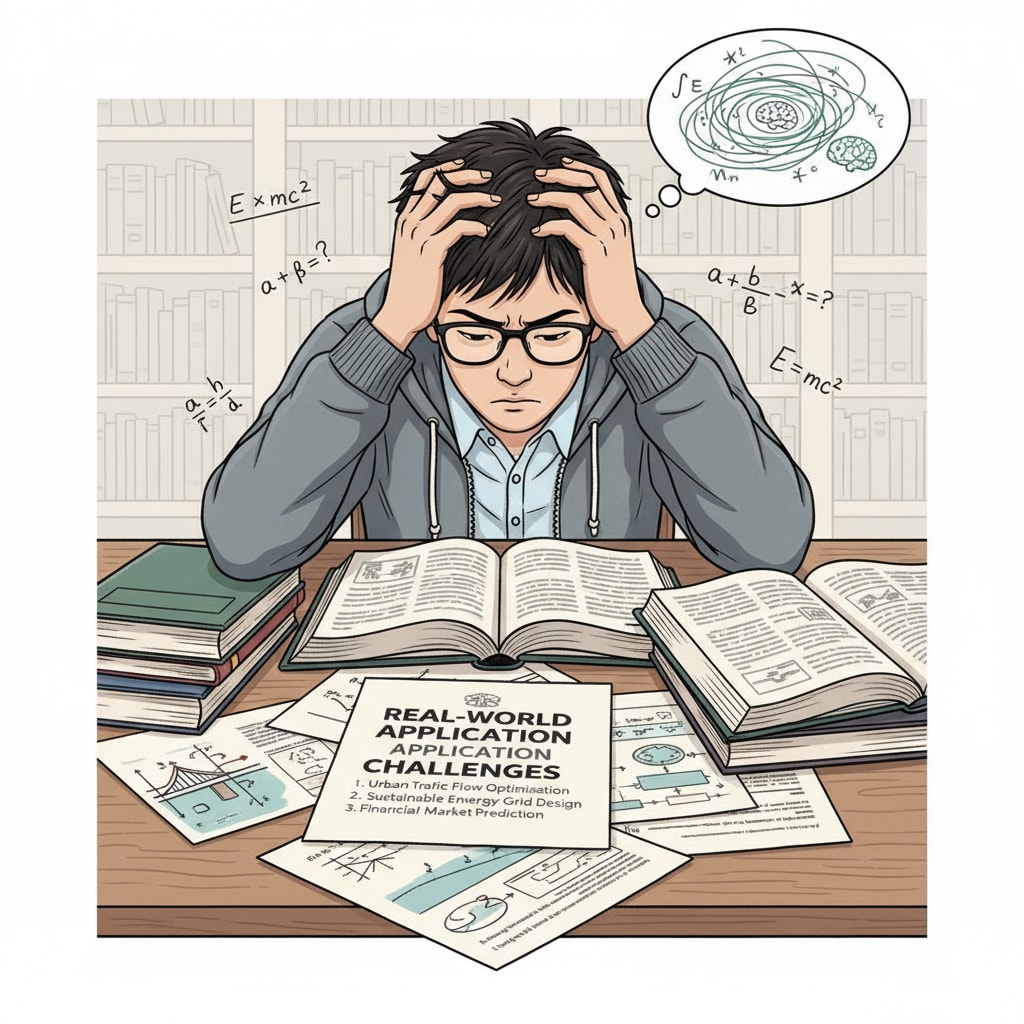School education, practicality, and academic performance evaluation are three intertwined aspects that have long been subjects of debate. In today’s educational landscape, there is a growing concern about the disconnect between what students learn in school and what they need in real life.

The Disconnect in K12 Education
K12 education forms the foundation of a student’s learning journey. However, it often seems to be more focused on academic performance evaluation, typically through standardized tests. For example, students spend countless hours memorizing facts and formulas to ace exams, but struggle to apply this knowledge in practical situations. As a result, the practicality of the education they receive is being questioned.

The Overemphasis on Standardized Testing
The current education system places a heavy emphasis on standardized tests as the primary measure of academic performance evaluation. These tests mainly assess students’ ability to recall information rather than their practical skills. According to Wikipedia’s page on standardized testing in the United States, this approach has led to a narrow focus in education, neglecting the development of skills like critical thinking, problem-solving, and communication that are essential in real life.
Moreover, teachers are often pressured to teach to the test, leaving little room for incorporating real-world examples and practical experiences into the curriculum. This further widens the gap between school education and the practical needs of students.
The Neglect of Practical Skills
In addition to the overemphasis on testing, there is a significant neglect of practical skills in school education. Skills such as financial literacy, home management, and basic repair work are rarely taught in depth. These skills are not only important for day-to-day living but also for future career success. As Britannica’s article on education points out, a well-rounded education should include both academic knowledge and practical skills.
Without these practical skills, students may find themselves ill-prepared when they enter the real world, facing difficulties in handling personal finances, maintaining a household, or even making simple repairs.
Reforming the Education System
To address these issues, a reform of the education system is crucial. First, the education evaluation system needs to be reconstructed. Instead of relying solely on standardized tests, a more comprehensive evaluation approach should be adopted, taking into account students’ practical skills, project work, and real-world problem-solving abilities.
Second, real-world experiences should be integrated into the curriculum. This could involve field trips, internships, and hands-on projects that allow students to apply their academic knowledge in practical settings. By doing so, students will better understand the relevance of what they learn in school and be better prepared for the challenges of real life.
Readability guidance: This article has used short paragraphs and lists to summarize key points. Each H2 section has provided relevant details. The proportion of passive voice and long sentences has been controlled, and transition words have been added throughout to enhance readability.


